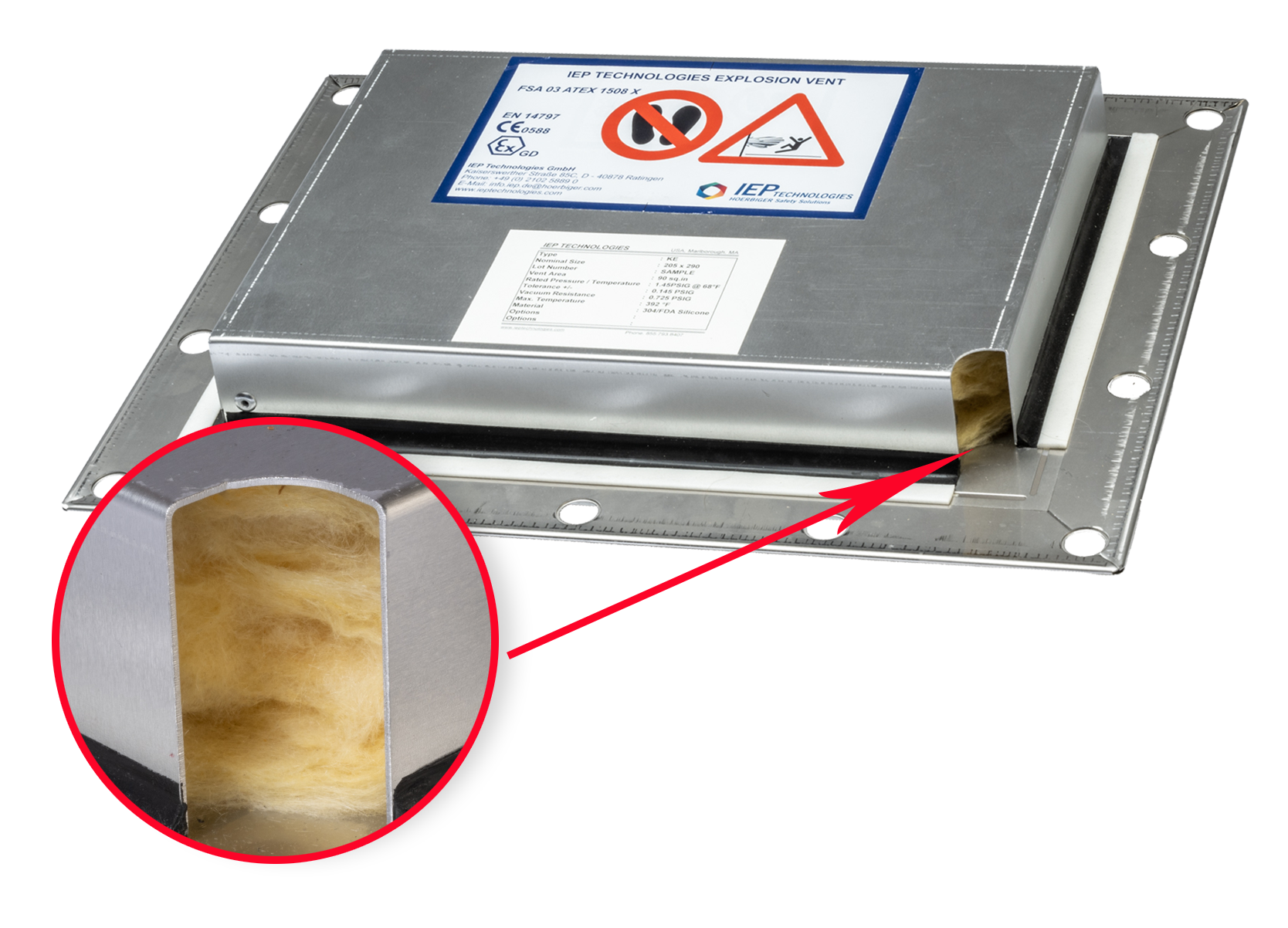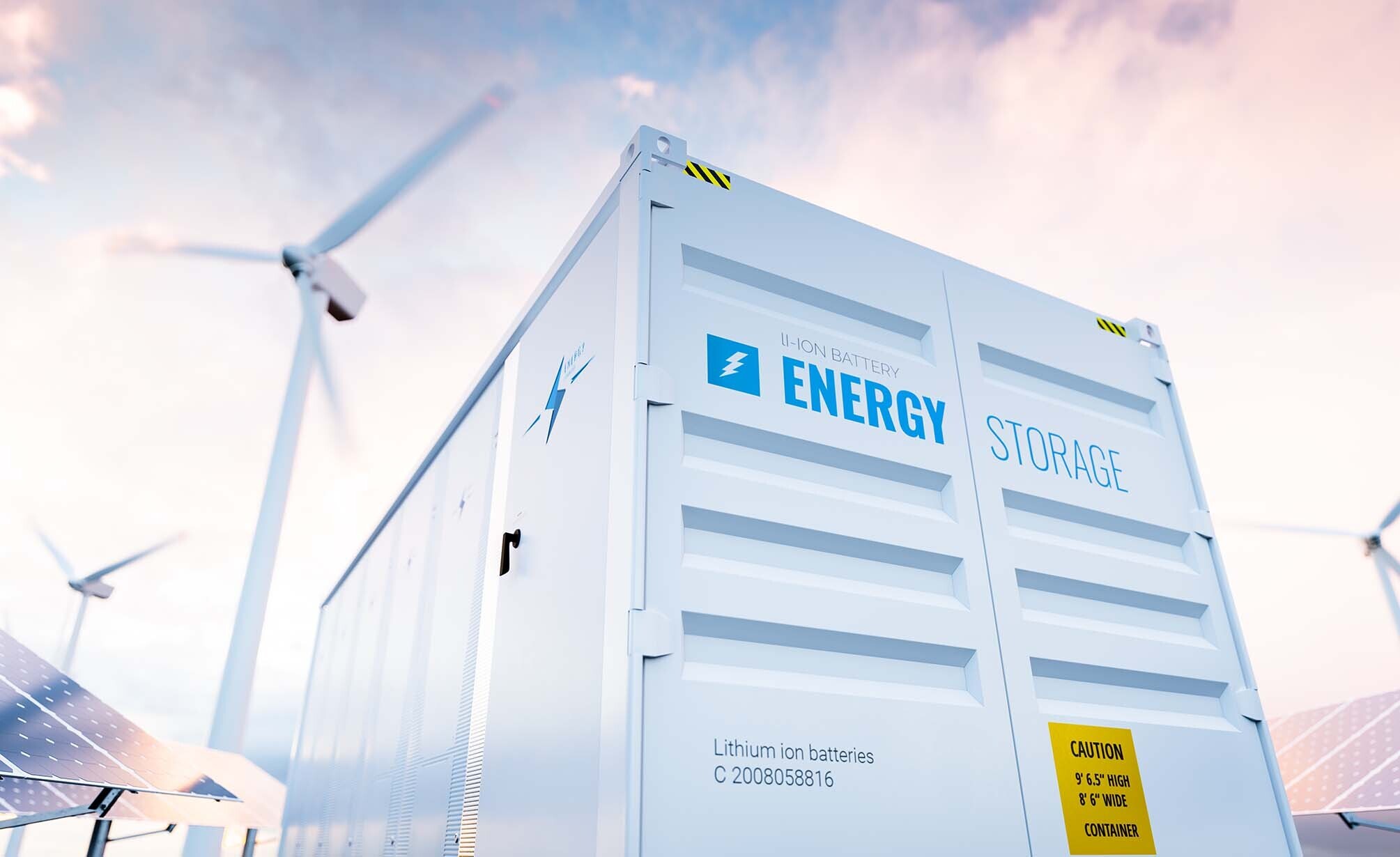Hazard Analysis
In any situation where flammable gases and vapors or combustible dusts are present, it is vital to control or mitigate the risk of fire and explosions which may be caused by excessive heat and various other ignition sources. Incidents have already occurred in several BESS facilities across the globe, prompting investigations into the causes and effects, and the development of safety standards and guidelines is ongoing in relation to this comparatively new field. BESS installations can incorporate several different battery types, and the most common risks associated with these include:
• Thermal runaway - battery failure giving rise to extreme heat which eventually leads to fire or explosion.
• Hydrogen development - in some batteries the risk of explosion exists due to the presence of excess hydrogen and other combustible vapors during off-gassing.
• Control system failure – dangerous overheating can occur if the battery management system malfunctions or one or more components fail.
• Toxic gases generated from battery fires and explosions also require special attention in the design of BESS safety systems.

*Cutaway showing insulation
Standards
NFPA 855-2020: Standard for the Installation of Stationary Energy Storage Systems, and other global industry standards provide specific guidance in the safe design, testing, operation, and maintenance of BESS installations. In terms of explosion protection options these fall into two categories – Passive and Active Protection. NFPA 855 does provide a third alternative of using Gas Detection with Emergency Ventilation under certain circumstances where this is approved by the Authority Having Jurisdiction (AHJ) based on large scale testing. A protection strategy using Gas Detection with Emergency Ventilation along with Passive or Active Protection will increase the overall safety of the protection system.
Passive Explosion Protection
Typically the most cost effective option in terms of installation and maintenance, IEP Technologies’ Passive Protection devices take the form of explosion relief vent panels which safely divert the deflagration to a safe place (atmosphere) and in doing so prevent the rapidly developing explosion pressure from causing container rupture, structural damage, and possible injuries to personnel. Vent sizing is based on a number of different factors, including explosivity characteristics of the vapors that may be off-gassed from the specific type of batteries, container strength (including door latches and hinges), opening pressure of the vent panels, and free area atop the storage unit for vent panels to reside. A qualified professional should be used when determining the size and quantity of vent panels to be used for BESS units and various designs, sizes and profiles are available to suit all installations and locations, including “flameless venting” devices if the explosion cannot be safely vented to atmosphere.
Active Explosion Protection
Although Passive Protection (explosion venting) is the most common protection method, Active Explosion Protection Systems are available which incorporate detection, control and monitoring, and suppression to instantaneously quench the incipient explosion before it reaches a dangerous state. Active systems may be integrated into the overall BESS control system to provide alarms and safety shutdown in the event of an explosion.



